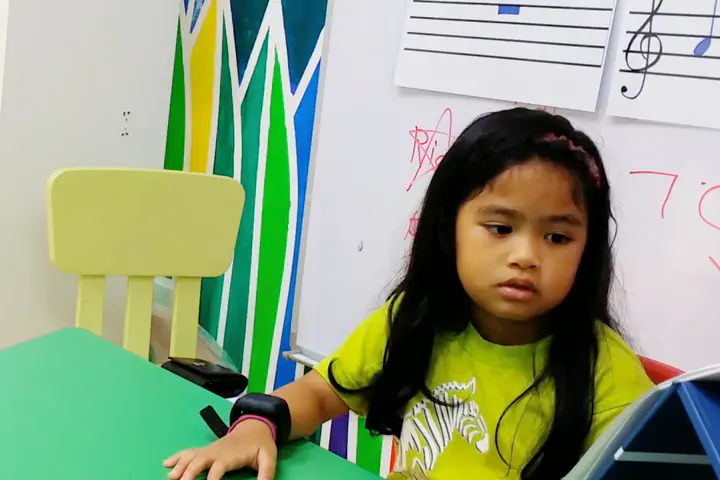Going beyond performance scores: understanding cognitive-affective states in kindergarteners

Abstract
Cognitive-affective states during learning or interactions with technologies is dependent on the mental effort of the learner and / or the cognitive load imposed by the system. Despite the growing research on the importance of understanding cognitive-affective state and their relationship to learning, measurement of such states during the learning process in Kindergartners is still unclear. While most assessments of learning and usability evaluations with Kindergartners focus on performance, self-reports and inferring from observable behaviours, they provide limited insights into the cognitive load and emotional state during the learning or interaction that are essential for a holistic picture of learning. Through a study with 18 kindergartners, we explore the feasibility of understanding cognitive-affective states associated with mental effort by triangulating the data obtained from observations, physiological markers, self-reports and performance as they performed tasks of varying mental effort. We present findings on the reliable markers within these sources across tasks. Results reveal that such a triangulation offers deeper insights into the cognitive-affective state of the learner. We believe this work would be a step towards better understanding of the learning process thereby facilitating instruction that is more aligned with the learner’s cognitive-affective architecture as well as establishing guidelines for comprehensive usability / evaluation processes based on well-defined associations between child behaviour and child action.